Project SOMEONE Seeking a Postdoctoral Fellow
Posted January 29th, 2021 by Jennifer FaucherProject SOMEONE, in partnership with the UNESCO Chair in Prevention of Radicalisation and Violent Extremism, is looking for the ideal candidate for a prestigious two-year Horizon Postdoctoral Fellowship valued at over $50,000 per year.
Working in the stimulating and collaborative research environment at Concordia’s internationally recognized Centre for the Study of Learning and Performance (CSLP), the Horizon Postdoctoral Fellow will work on Landscape of Hope, an interdisciplinary, multi-stakeholder, pan-Canadian project tackling the growing social ills associated with discriminatory, prejudicial, xenophobic, and hateful conduct perpetrated on social media.
The project aims to engage youth in pluralistic dialogue through innovative social media analytics, workshops supporting key mental health indicators, collaborative multi-media production, practice-based art installations and performative events.
The Horizon PDF research program will investigate innovative interdisciplinary practices for building resilience to cyber pressure by focusing on three areas:
- The socio-demographic and contextual conditions that impact marginalised youth experiences and perceptions of discrimination in an era of polarization and uncertainty
- The relationships between the psychological, mental health, and social variables that impact youths’ use of the internet, perceptions of misinformation propagation, levels of critical thinking, digital literacy markers
- Creative media production skills that transcend current offerings by popular social media apps (e.g., Instagram filters) and their role in helping participants negotiate difficult subjects such as hate, bias, fear, and hope, and articulating different and more hopeful forms of identity
Learn more about Landscape of Hope and check out these LOH events:
Canadian Premiere – February 2019
Youth Workshop in Montreal – July 2019
St Jax Performance – October 2019
Read more about the additional benefits, academic qualifications and the submission process.


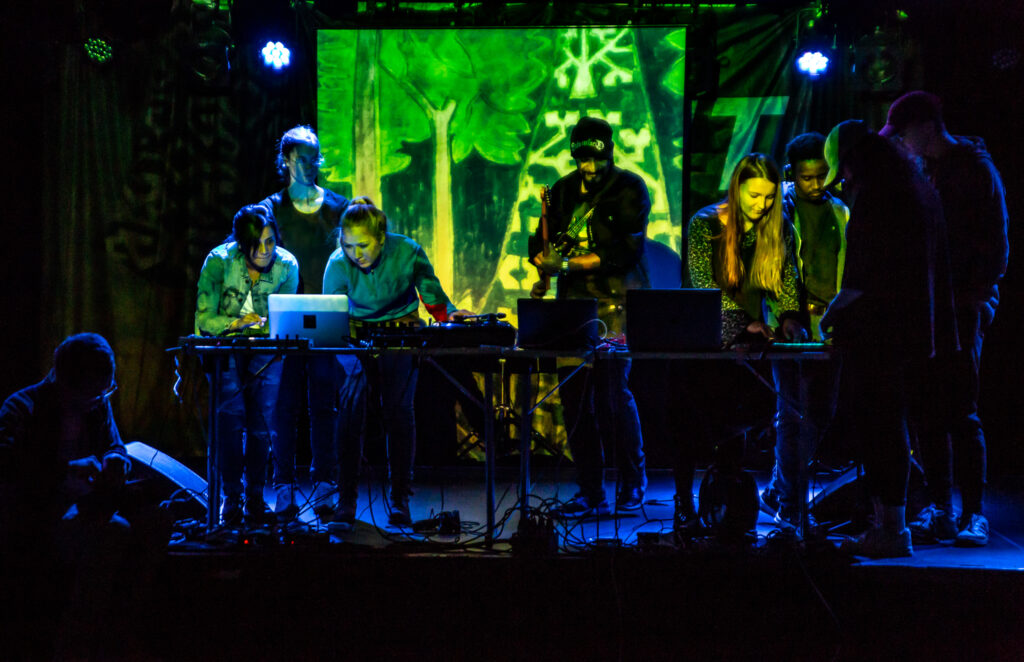
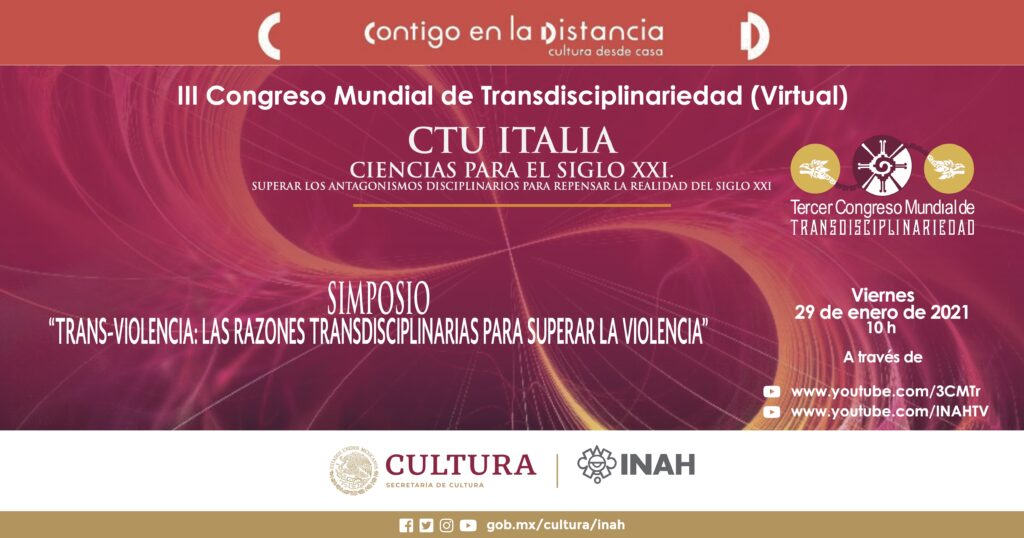
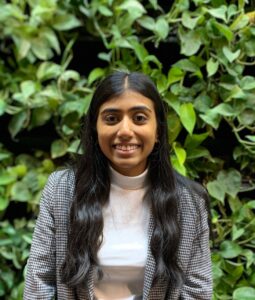

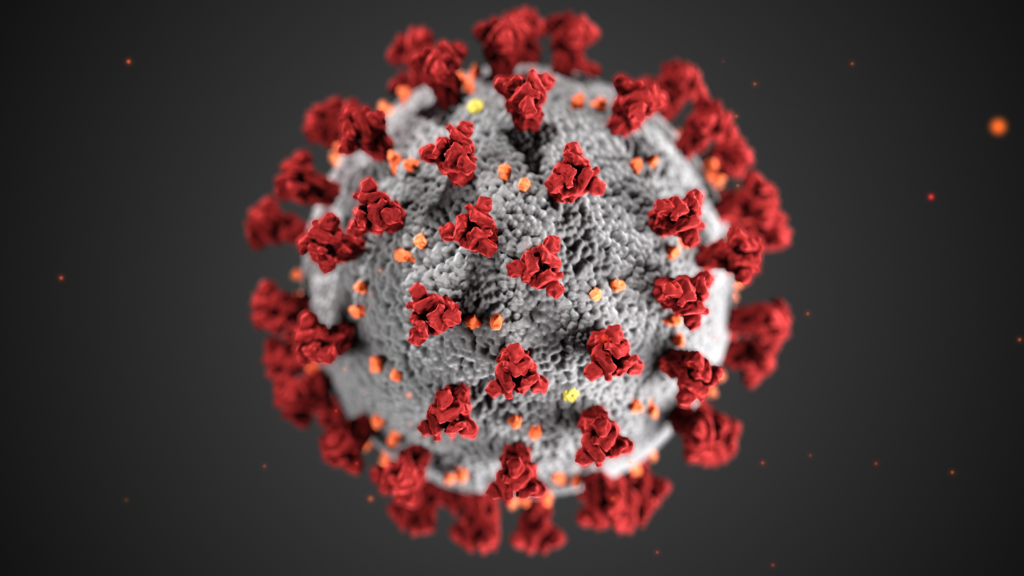
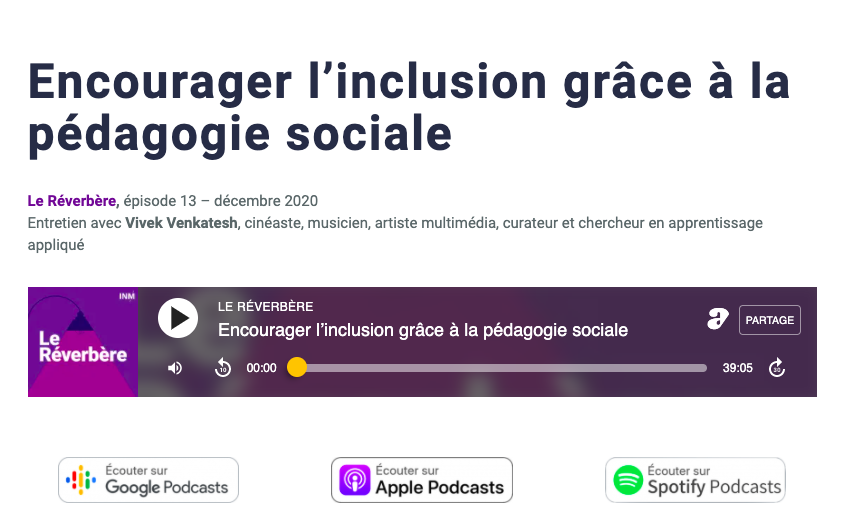

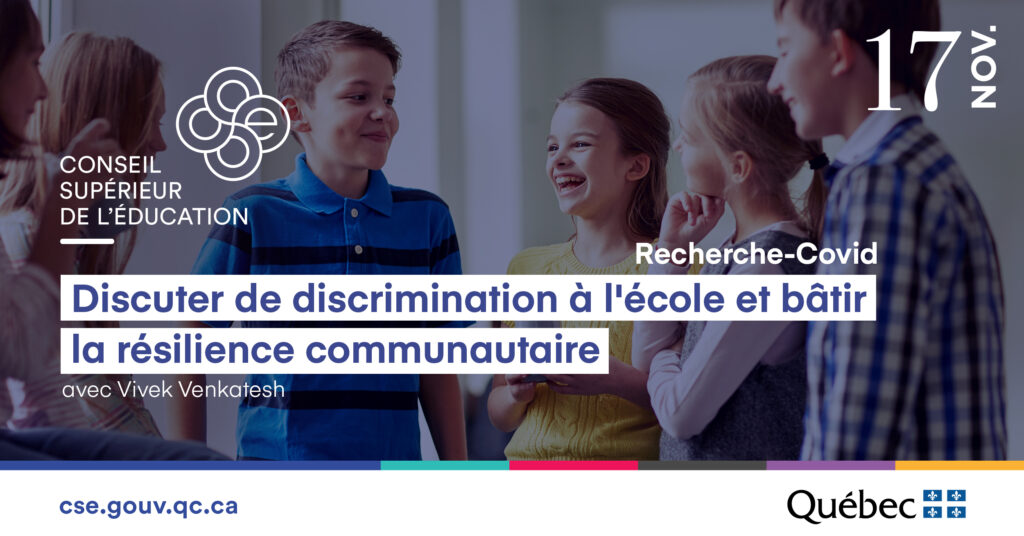
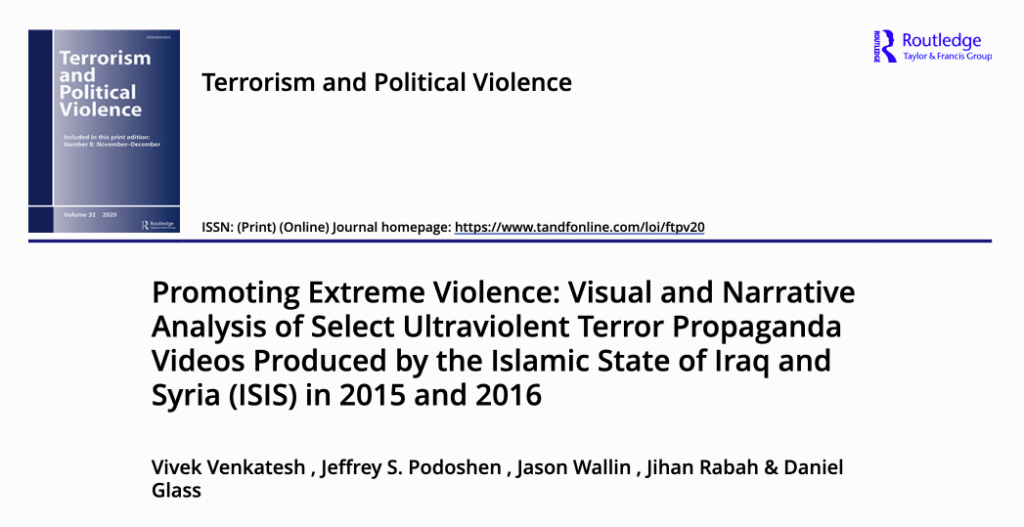
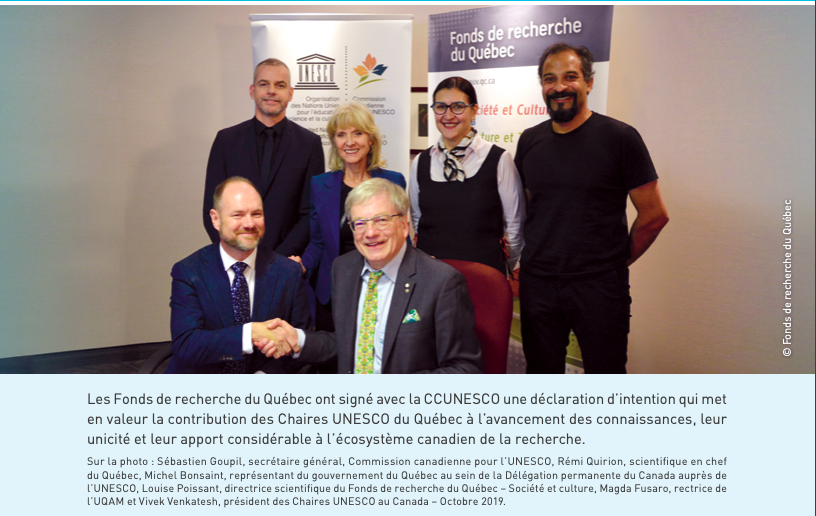


 Français
Français